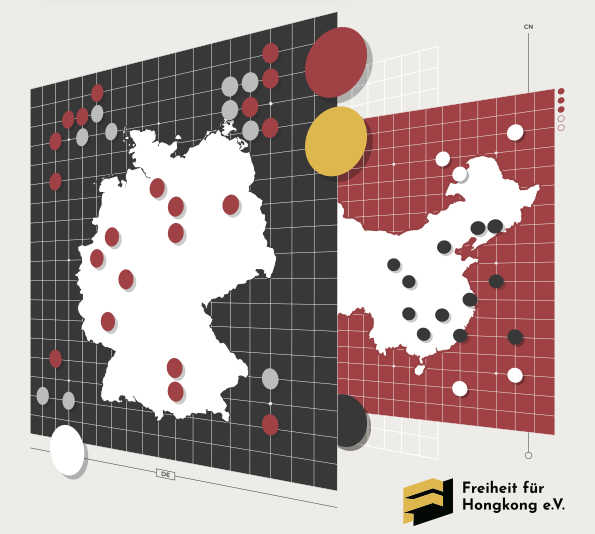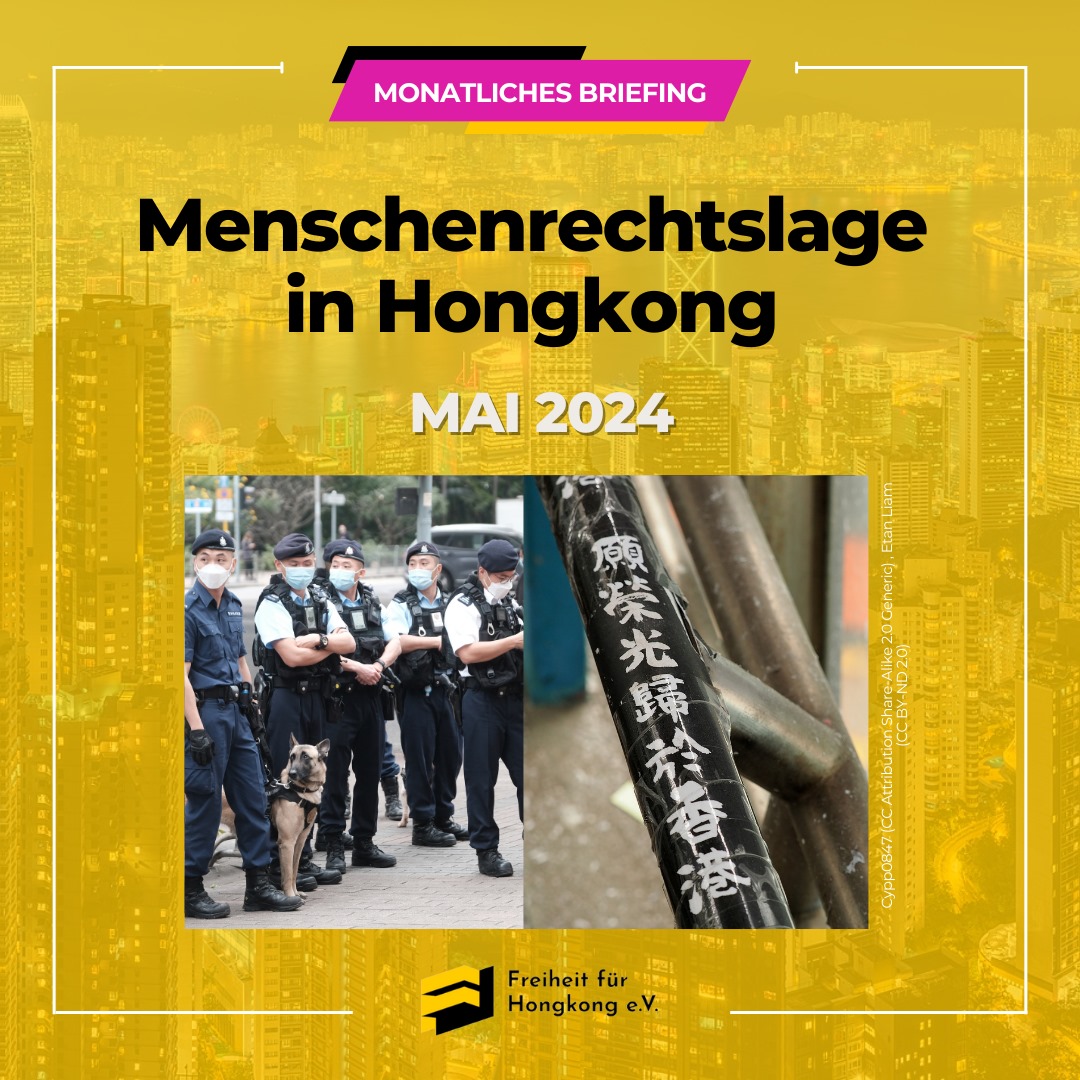
In 2023, Germany prescribed itself with a China strategy for the first time. The strategy is set to turn Germany away from the outdated foreign policy principle ‘Wandel durch Handel’ and to introduce a strategic approach for its relationship with China. While the strategy itself is an important first step towards a more realistic foreign policy, it has a loophole: subnational diplomacy.
Our study reveals that the lack of a formal coordination mechanism hampers the consistent implementation of the federal China strategy. Berlin does not exert concrete influence on how and according to which criteria municipalities arrange their exchanges with Chinese partners. In reality, not even every state government has detailed knowledge about the partnerships of their municipalities. Local governments must be aware that in their cooperation with Chinese cities and communities, they are dealing with the extended arm of the Communist Party.
Over the last 40 years, almost 120 city partnerships between Germany and China have been formed. Though each of the cooperation-agreements is unique, with a different focus-area and fluctuating activeness, the general blueprint for the Chinese side is to place itself at critical junctions of public and private life in Germany, by building networks of actors, favourable to itself. Germany appears to be poorly equipped to recognize these networks and deal with them adequately. Our report finds and argues that decades of subnational entanglement have made Germany vulnerable and exposed to China’s exploitative tactics.
“The absence of a cohesive organisational structure among German municipalities, coupled with a relative scarcity of resources, renders the German approach less equipped to match the streamlined and unified efforts of their Chinese counterparts in town-twinning initiatives.”
“Enhancing the security framework for city and municipal partnerships is paramount to ensure alignment with national foreign policy objectives, to mitigate risks associated with China, and heighten awareness of China’s united front activities within Germany. We propose a comprehensive policy framework aimed at federal, city, and municipal authorities.”



